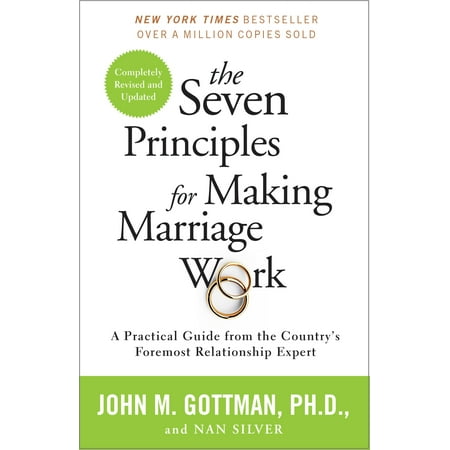Financial challenges are faced at one time or another for every married couple. Married life has been broken into six different stages from marriage with no children to retired with adult children. The stages as described in Bernard Poduska's book "Till Debt Due Us Part" describe my own experience. After marrying, my husband and I had many other married friends who had struggled with fertility issues. Within my own family I had a history of fertility problems. Because of these two things, together we agreed that if we wanted to start a family we should start now. After all, it could take years to finally have a child! So, 10 months after our wedding day we had a beautiful baby girl. We were quickly, and shockingly, thrown into Stage 2.

This is when the financial problems began. The problem was that we were still living as if we were in Stage 1 of young adulthood. Poduska states, "As a young adult, you may tend to purchase assets that consume income or depreciate rapidly (cars, stereo equipment, boats, clothing, cheap furniture) instead of assets that produce income or have a chance to appreciate (stocks, real estate, IRAs, savings bonds). You may also be more inclined to spend a larger portion of your income on entertainment and recreation." This describes exactly our lives. We were both working full-time prior to having our daughter, but we were still strapped financially. This constriction was due to our overspending. We bought wants, often on credit, with the plan to pay for them next month. Then our daughter came and we were trying to juggle raising a child while breaking our bad financial habits of overspending. We eventually dug ourselves our of debt while living on far less income than we started out making. It was a long and painful growing experience.
Today we are in Stage 2 and 3 and are financially much wiser. Poduska states regarding stage 3:
The need to include financial limits and rules is essential to teaching children about money management; otherwise, overindulgence may give them a false impression of what it's like to live in the real world. Parents must increase their income and set limits on their own spending because the costs of rearing teenagers will dwarf the cost of rearing children under the age of twelve.
This is the next step we are working on. There are many looming future expenses coming our way as our children enter their teenage years. We have attempted to teach our almost 13 year old responsible financial decision making through paying tithing, working for compensation, and saving for larger purchases. My own experiences have proven all of Poduska's perspectives to be spot on. I can look back and see how far my husband and I have come in our marriage, especially financially. We are still learning, but I see the benefit of those stretching years to teach us how to be more prepared and plan for the future.
References:
Poduska, Bernard. Til Debt Do Us Part (Ch. 11). Salt Lake City, Utah: Shadow Mountain. (2000).





